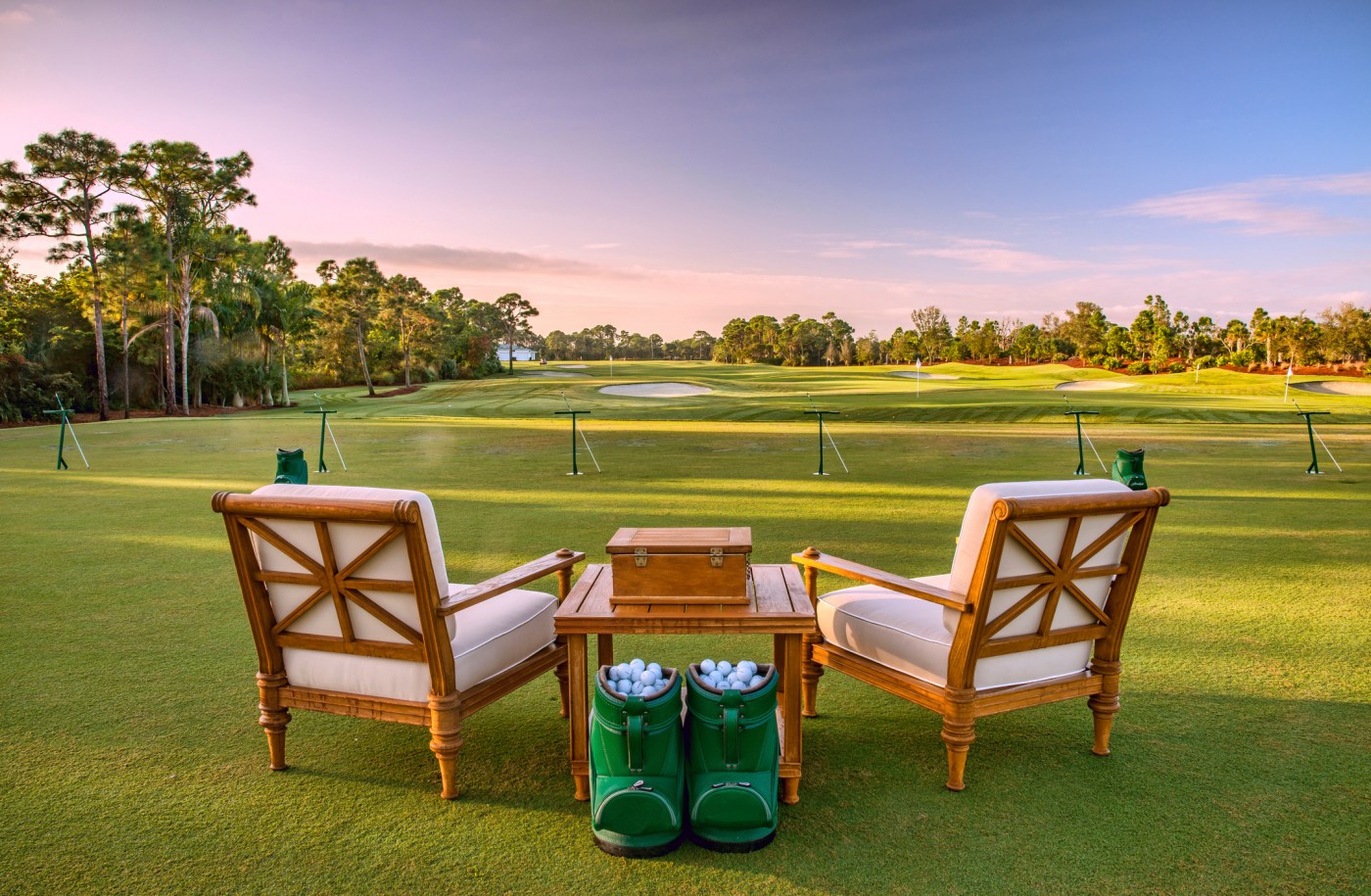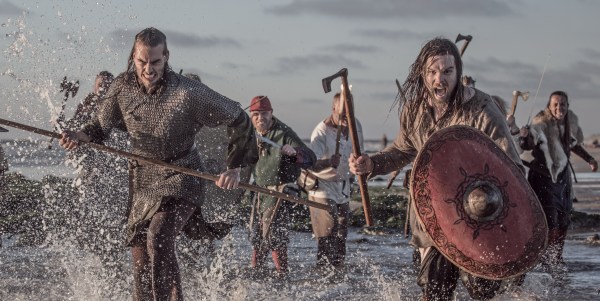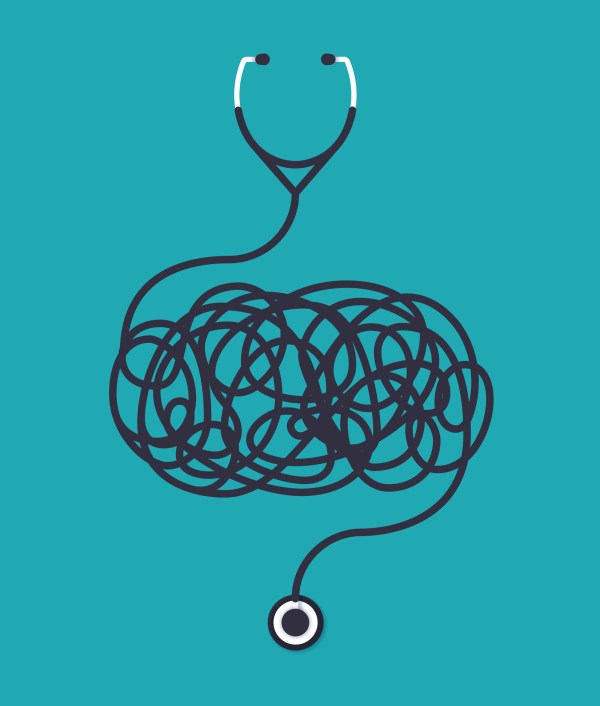People are sometimes surprised by how often doctors turn up in the ranks of terrorists, tyrants, and similar malefactors.
The Nazis had their Josef Mengele, the Soviets their legions of psychiatrists overseeing their medical gulag. In our own times, Ayman al-Zawahiri—second general emir of al-Qaeda and a physician—was typical of the breed, with other representatives including George Habash of the Popular Front for the Liberation of Palestine and Fathi Shaqaqi of the Palestinian Islamic Jihad. One of the leaders of the apocalyptic cult that carried out the sarin attack on the Tokyo subway in 1995 was a physician. And while I do not mean to make any facile comparisons with Dr. Mengele, those who are shocked at the proximity of those in the healing professions to the execution of homicidal political violence might consider the prominent role played by physicians in capital punishment in these United States.
The doctor is not only a healer but also is the very personification of the educated, affluent, bourgeois man, the proverbial pillar of his community. But while our friends on the left talk a good fight about “the masses,” the bourgeoisie has always been a reliable kindergarten of radicals, from V.I. Lenin to Ho Chi Minh to Fidel Castro. (How many revolutions, wars, and genocides the world might have been spared if there had been no idle students!)
This is readily understandable: The very poor think about improving their material conditions, the very rich amuse themselves, but the ladies and gentlemen of the upper middle think only of status, with those proudly occupying the 72nd percentile consumed by their contempt for the 71st percentile and their envy of the 73rd percentile. Occupy Wall Street had almost nothing to say about the situation of the poor. No, it was instead full of the expensively miseducated children of well-to-do families possessed by hatred of the “1 percent,” a class whose great crime is not an economic one but a social one: its well-insulated indifference to the opinions and tastes of the kind of people who camped out at Occupy Wall Street and pretended to read Piketty’s Capital in the Twenty-First Century.
The fact that the man who has been charged in the shot-in-the-back murder of health insurance CEO Brian Thompson is a literal country club radical—Thompson comes from a working class background, the killer’s family made a fortune in the golf course business—is almost too on-the-nose.
Because the killer has been celebrated by certain grotesques on the left as a kind of folk hero, the right will, of course, try to make of him a millstone to hang around the collective neck of their perceived politico-cultural enemies across the aisle. (It is tempting to imagine what that daft chiseling lunatic Robert F. Kennedy Jr. would be saying right now if he were not, incredible as it is to write, up for a Cabinet appointment.) That kind of project usually is foolish. What we know about the killer so far is that his friends and family seemed to be worried about him and that he was something of a Unabomber groupie. These people tend to be politically mixed up: Think of Charles Manson, the good-time hippie prophet with the swastika carved into his forehead; Mark David Chapman, who tried to drop himself into The Catcher in the Rye by murdering John Lennon but who would have taken Johnny Carson as a consolation prize; John Salvi, who carried out shootings at abortion clinics motivated by his belief that abortion is a great evil and … that the Freemasons and the Mafia and the Vatican were engaged in a vast conspiracy to manipulate fiat currencies.
There is a throughline connecting many seemingly discrete episodes of political violence in the United States, but it is not the politics—it is the violence.
By the numbers, Americans are simply the most violent people in the developed world, with a murder rate somewhere between those of Burundi and Cameroon, more than five times the murder rate of, say, New Zealand or the United Kingdom, and more than twice the rate of such large and poor countries as India and Bangladesh. Americans are perfectly happy to engage in large-scale violence for political ends (see the George Floyd riots or the Donald Trump riot) or for religious reasons (prior to the Oklahoma City bombing, the bloodiest act of domestic terrorism in the United States had been carried out by angry Mormons in 1857) or for reasons of personal unhappiness (the deadliest school massacre in American history involved no firearms and was carried out in 1927) or in fits of apocalyptic fervor (the Manson killings, Waco, etc.) or in convulsions of racial hatred (Tulsa) or for any reason or non-reason you like. Ted Kaczynski’s violence was histrionic and didactic—and so was Andrew Jackson’s. Donald Trump has based his career in public life on publicly daydreaming about violence, from the Central Park Five to Liz Cheney—the targets change from day to day, but the basic fantasy remains the same: Generalissimo Walter Mitty will have blood.
Americans are not a nation of political enthusiasts who sometimes resort to violence; Americans are a nation of violence enthusiasts who sometimes resort to politics.
The killer we’re talking about this week is not sui generis—he is to the manner born and, as it turns out, to the manor born as well. No one should be surprised.







Please note that we at The Dispatch hold ourselves, our work, and our commenters to a higher standard than other places on the internet. We welcome comments that foster genuine debate or discussion—including comments critical of us or our work—but responses that include ad hominem attacks on fellow Dispatch members or are intended to stoke fear and anger may be moderated.
With your membership, you only have the ability to comment on The Morning Dispatch articles. Consider upgrading to join the conversation everywhere.